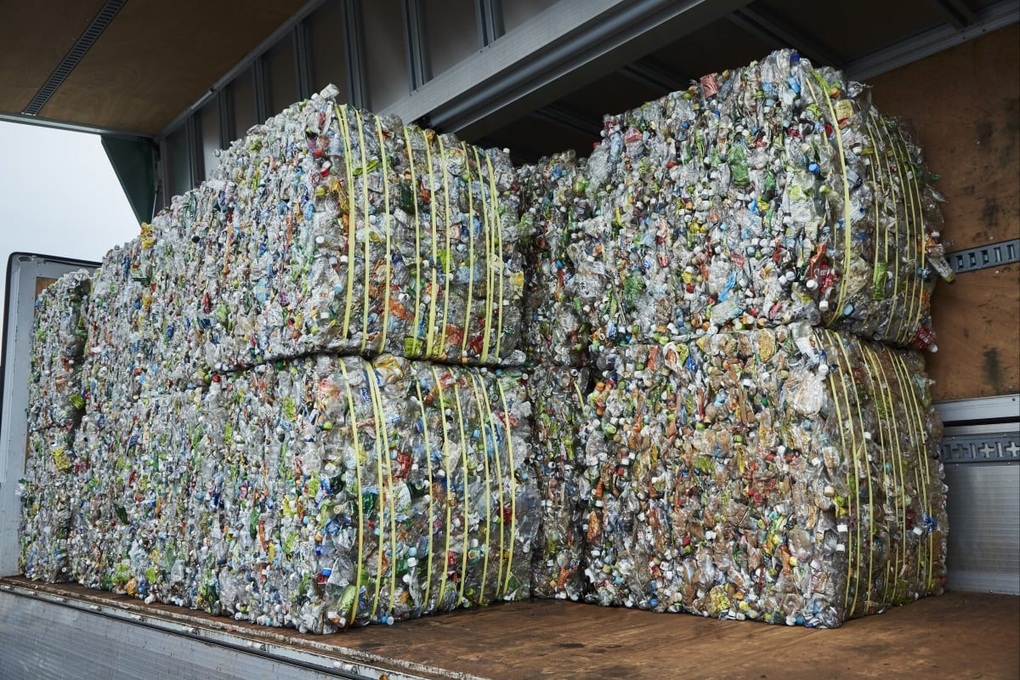
Total global plastic waste production is believed to have reached 10 billion tonnes (Photo: Getty Images).
Scientists from the US and China have just announced a breakthrough in recycling technology, when they successfully developed a one-step process that can convert mixed plastic waste into gasoline with an efficiency of over 95%.
This is the result of collaboration between many leading research institutes and universities, published in the journal Science.
From non-biodegradable plastic waste to gasoline
For many years, mixed plastic waste has been considered a “difficult problem” for environmental treatment. Most of it cannot be recycled by conventional methods, leading to huge accumulation in landfills or floating in the ocean.
Techniques for converting plastic into fuel have been studied, but most require high temperatures, high pressures and many complex processing steps, which are energy-consuming and difficult to apply in practice.
The new process developed by the US-China research team completely overcomes these limitations. By directly combining dechlorination and converting the plastic component into liquid hydrocarbons, the entire process takes place in a single step, at room temperature and atmospheric pressure.
The result is high quality gasoline obtained with an efficiency of over 95%, along with by-products of industrial value, typically hydrochloric acid (HCl) and some other chemical raw materials.
These are compounds that have wide applications in water treatment, metal processing, pharmaceutical production, food processing and the oil and gas industry.
According to the authors, the simultaneous collection of many useful products makes this technology suitable for the circular economy orientation, in which waste is recycled into resources.
“This method strongly supports a circular economy by converting diverse plastic waste into valuable products in a single step,” the team stressed in the publication.
Industrial application prospects
With the advantages of simple reaction conditions, high efficiency, and the ability to create many commercial products, this technology is considered to have great potential for application on an industrial scale.
If implemented, it would not only help reduce global plastic waste pressure, but also contribute to providing additional fuel and chemical sources for many economic sectors.
Experts say the research opens up new avenues in efforts to tackle two major challenges at once: the plastic pollution crisis and the need for sustainable energy.
As the world searches for greener and more efficient solutions to waste disposal, this invention is expected to create a breakthrough in plastic recycling technology, laying the foundation for further breakthroughs in the fields of energy and environment.
Source: https://dantri.com.vn/khoa-hoc/buoc-tien-dot-pha-nghien-cuu-thanh-cong-bien-rac-thai-nhua-thanh-xang-20250828061945123.htm


![[Photo] Fall Fair 2025 and impressive records](https://vphoto.vietnam.vn/thumb/1200x675/vietnam/resource/IMAGE/2025/11/03/1762180761230_ndo_br_tk-hcmt-15-jpg.webp)
![[Photo] Lam Dong: Close-up of illegal lake with broken wall](https://vphoto.vietnam.vn/thumb/1200x675/vietnam/resource/IMAGE/2025/11/03/1762166057849_a5018a8dcbd5478b1ec4-jpg.webp)
![[Photo] General Secretary To Lam receives Singaporean Ambassador Jaya Ratnam](https://vphoto.vietnam.vn/thumb/1200x675/vietnam/resource/IMAGE/2025/11/03/1762171461424_a1-bnd-5309-9100-jpg.webp)


![[Photo] Prime Minister Pham Minh Chinh receives the Chairman of the Japan-Vietnam Friendship Association in the Kansai region](https://vphoto.vietnam.vn/thumb/1200x675/vietnam/resource/IMAGE/2025/11/03/1762176259003_ndo_br_dsc-9224-jpg.webp)
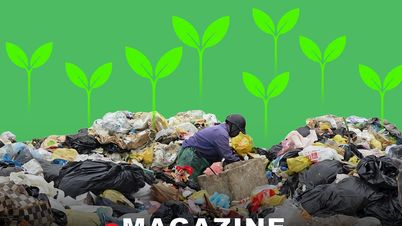









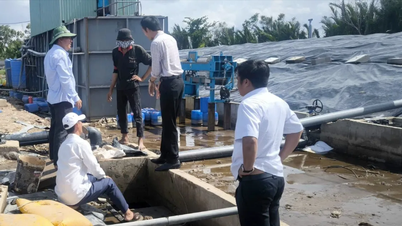





























































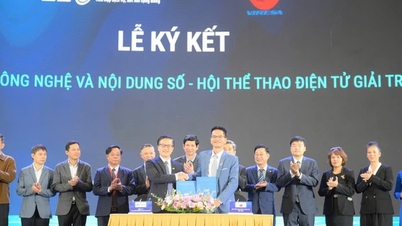




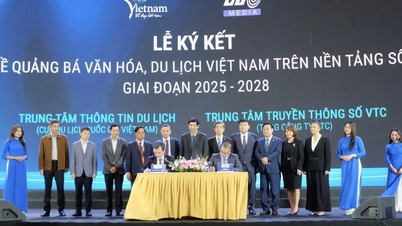




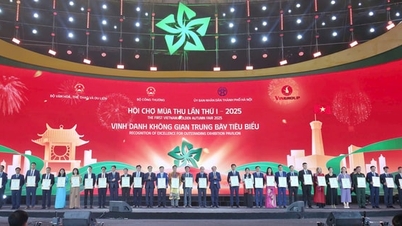



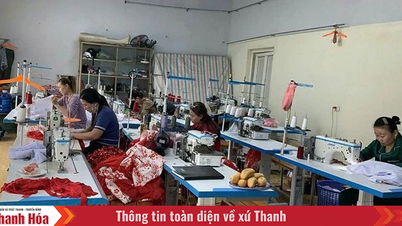

















Comment (0)